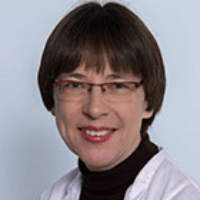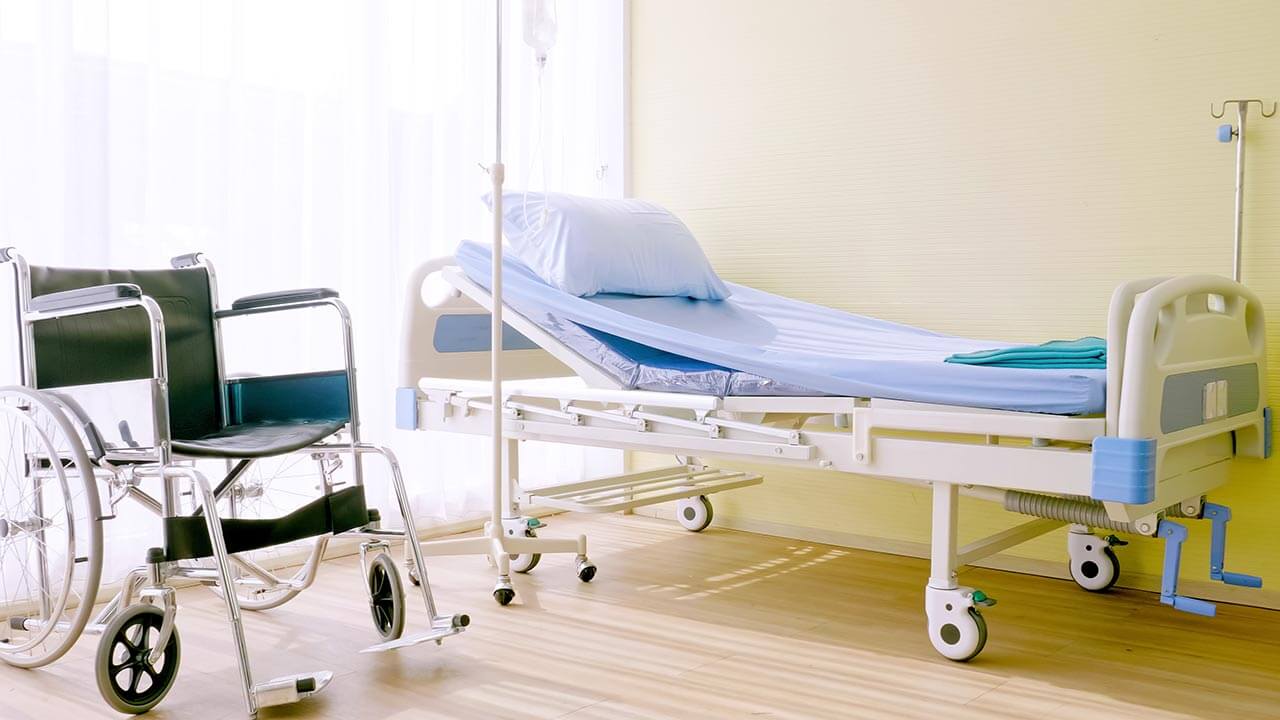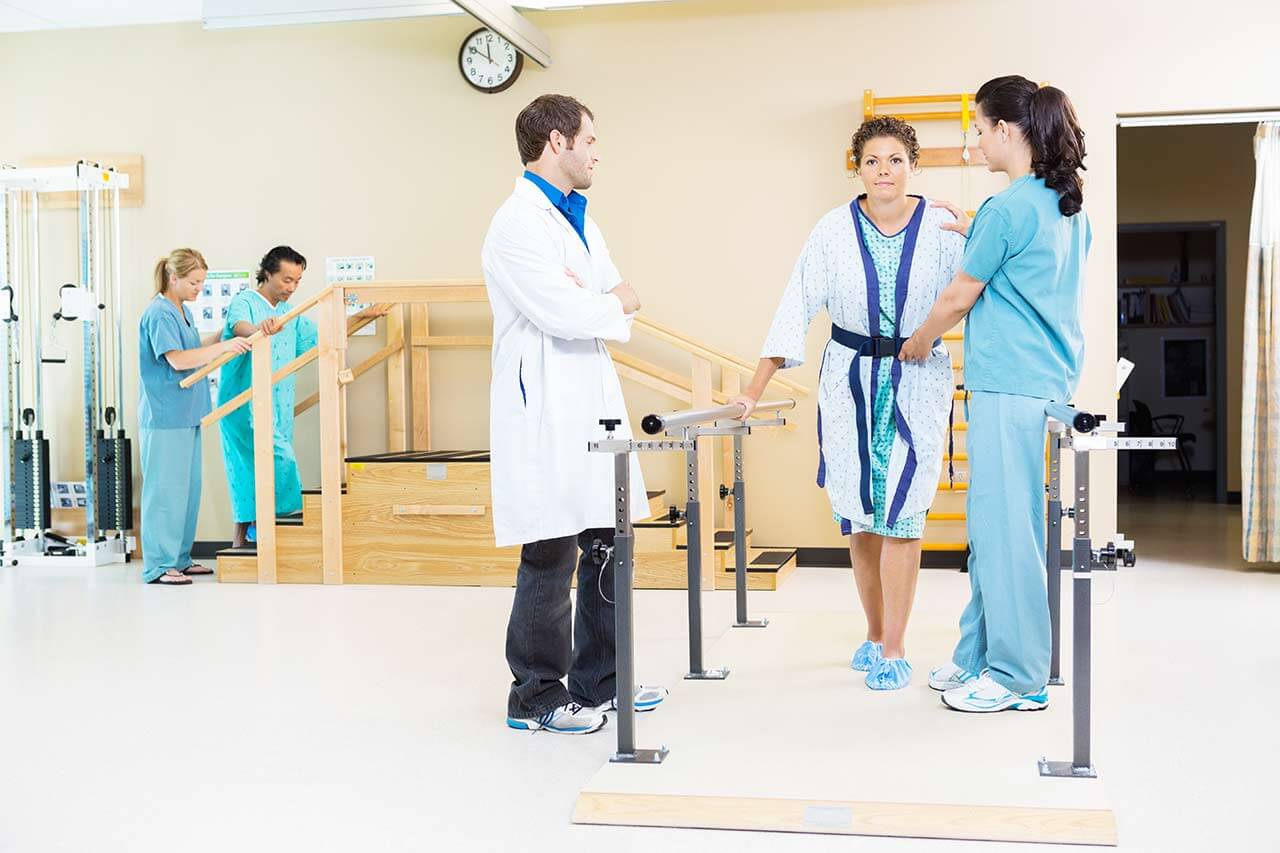
The program includes:
- Primary presentation in the clinic
- medical history, including family history
- complex neurological and orthopedic examinations
- CT / MRI / X-ray examination
- complex neurophysiological examinations
- individual rehabilitation program, which includes:
- propriozeptive neuromuskuläre fazilitation (PNF)
- transcranial magnetic stimulation (TNS)
- orofacial stimulation of Castillo Morales
- functional propriotrening
- various methods of respiratory gymnastics
- Wii Fit training in the use of the balance
- neuropsychological therapy
- functional therapy of the upper extremities (ArmeoSpring)
- functional electrical stimulation / neurostimulation
- kinesitherapy (physiotherapy)
- biocontrol with feedback
- healing deep muscle massage
- neuromuscular electrostimulation
- acupuncture of spasticity and pain syndromes
- occupational therapy
- psycho-educational classes
- logopedia in the language of the patient
- Individual physiotherapy
- microcurrent treatment
- fangotherapy / cryotherapy
- antispasmodic drug therapy (incl. Botox)
- mobilization of limb joints
- hydrotherapy / massage therapy / reflexology
- training on special trainers (Lokomat, exoskeleton)
- bladder training
- bowel training
- and etc.
- constant care nurses
- stay in the hospital with full board
- symptomatic and drug therapy
Service
You may also book:
 BookingHealth Price from:
BookingHealth Price from:
About the department
The Department of Neurological Rehabilitation at the MEDIAN Neurological Rehabilitation Clinic Wiesbaden provides the full range of rehabilitation procedures to restore lost skills and functions of the nervous system caused by a neurological disorder or a neurosurgical intervention. The department's medical team specializes in the rehabilitation of phases B, C and D. Each patient is provided with a comprehensive rehabilitation program elaborated by an interdisciplinary team of the department’s doctors on the basis of the extensive range of diagnostic examinations, patient's neurological status, his individual needs and rehabilitation potential. Prior to appointing specific therapeutic methods, the rehabilitation therapists clearly define particular goals, the main of which is maximum independence in social and professional life. Depending on the severity of the clinical case, neurological rehabilitation can take place both on an inpatient and outpatient basis. The department's rehabilitation therapists personally supervise patients on their way to recovery and support them in every possible way. The specialists also encourage the involvement of the patient's family in the therapeutic process, which motivates for the achievement of the best results. The department is headed by Dr. med. Monika Cichorowski.
To provide patients with comprehensive rehabilitation, the department offers the services of specialists from various fields of rehabilitation medicine, including physiotherapists, sports therapists, occupational therapists, neuropsychologists, speech therapists, massage therapists, nutritionists and other physicians. The specially trained nursing staff who are always ready to help take care of the patients. All medical specialists have vast clinical experience and exceptional qualifications, which help them regularly achieve high-quality rehabilitation results.
The department has an excellent modern medical and technical base, which meets the most stringent requirements for centrs specializing in neurological rehabilitation. The diagnostic rooms are equipped with advanced devices for the comprehensive assessment of the patient's nervous system. The patients can undergo such examinations as electroencephalography, recording of somatosensory, auditory and visual evoked potentials, nerve conduction velocity test, electromyography, CT and MRI scans (in collaboration with the Helios Dr. Horst Schmidt Clinic Wiesbaden) and others. The rehabilitation procedures take place in spacious and comfortable treatment rooms. The medical facility offers innovative Wii Fit, ArmeoSpring and Easy walk systems for fine and gross motor skills training, balance training, walking training, etc. For example, the ArmeoSpring system is a state-of-the-art device for functional therapy of the upper limbs in patients after stroke, traumatic brain injuries and other neurological disorders, which cause hand and arm dysfunction. An ergonomic оrthotic exoskeleton with an integrated weight support system compensates for the weight of the upper limb, thereby allowing the patient even with small residual functional capabilities to perform training tasks (flexion, extension in the shoulder and elbow joints, grasping movements of the hand, etc.) in 3D simulation of real life situations. The software includes a large patient database. The doctors select individual parameters for each patient and customize a range of motion and a therapy plan. The advanced feedback includes motivational exercises to practice skills used in daily life. The progressive Wii Fit system is used for balance training. The training allows the patient to have fun and exercise at the same time. The use of this training device is especially effective in the rehabilitation of stroke patients.
The department's rehabilitation therapists most often admit patients after stroke – an acute cerebrovascular accident. Early stroke rehabilitation is very important, since it allows the patient to recover as much of the lost skills as possible and to gain maximum independence in everyday life. Stroke patients can undergo rehabilitation both on an inpatient and outpatient basis. In addition to highly effective rehabilitation measures, the department's specialists offer patients the detection and elimination of possible risk factors in order to prevent the development of secondary stroke. The patient undergoes 24-hour blood pressure monitoring, 24-hour ECG recording, obstructive sleep apnea screening, daily blood tests, ultrasound examination of the arteries supplying blood to the brain, etc. Whenever required, drug therapy may be prescribed. Important attention is paid to nutritional counseling, since a proper diet is one of the key components in stroke prevention. Prior to discharge of the patient from the department, the rehabilitation therapists hold consultations, during which they provide the necessary information on further care at home.
The department specializes in the rehabilitation of patients with the following neurological disorders:
- Stroke
- Traumatic brain injuries
- Conditions after surgery to resect brain tumors
- Encephalitis and meningitis (meningeal inflammation)
- Spinal cord injuries
- Polyneuropathies
- Guillain-Barre syndrome
- Radiculopathy (for example, after herniated discs, spinal stenosis)
- Cerebral hypoxia
- Multiple sclerosis
- Parkinson's disease
- Other neurological disorders
The department's range of diagnostic and therapeutic services includes:
- Diagnostic tests
- Electroencephalography
- Recording of somatosensory, auditory and visual evoked potentials
- Nerve conduction velocity test
- Electromyography
- Ultrasound scanning of the arteries supplying blood to the brain
- Fiberoptic endoscopic evaluation of swallowing (FEES)
- Ultrasound scanning of abdominal organs and pulmonary pleura
- Bladder ultrasound with residual urine determination
- ECG, including 24-hour Holter monitoring
- Daily blood pressure monitoring
- Obstructive sleep apnea screening
- Pulmonary function testing
- Bronchoscopy
- Patient monitoring in early neurological rehabilitation
- Gastroscopy (also with the insertion and removal of feeding tubes)
- CT and MRI scanning, X-ray (in cooperation with the Helios Dr. Horst Schmidt Clinic Wiesbaden)
- Rehabilitation methods
- Drug therapy
- Therapeutic exercises, including training on special equipment (Wii Fit, ArmeoSpring, Easy walk)
- Ergotherapy
- Speech therapy – speech and swallowing restoration
- Clinical neuropsychology and neuropsychological rehabilitation
- Physiotherapy (massage, manual lymphatic drainage, electrotherapy and electromyography for muscle stimulation)
- Sports therapy
- Relaxation therapy
- Medical training therapy (MTT)
- Neurostimulation
- Early rehabilitation for cognitive disorders
- Recommendations on nutrition
- Counseling on professional reintegration
- Other medical services
Photo of the doctor: (c) MEDIAN Klinik NRZ Wiesbaden
About hospital
The MEDIAN Neurological Rehabilitation Clinic Wiesbaden is a progressive, highly-specialized medical facility, which provides high-quality rehabilitation for patients who have experienced diseases of the nervous system. The clinic specializes in the rehabilitation of phases B, C and D. The rehabilitation center is part of the well-known and largest German MEDIAN Kliniken Group, which has more than 120 medical facilities throughout the country. Each patient of the clinic is provided with an individual rehabilitation program, which includes both classical and the most advanced types of rehabilitation procedures. During the entire therapeutic process, the whole team of specialists works with the patient. It includes experienced neurologists, therapists, neuropsychologists, speech therapists, physical therapists, sports therapists, massage therapists, nutritionists, and nursing staff. The doctors of the medical facility use all their experience, as well as medical and technical resources in order to achieve maximum independence, reintegration of the patient into his usual social and professional life.
Over the years of successful clinical practice, the specialists of the rehabilitation center have accumulated vast and invaluable experience in the field of medical rehabilitation of patients with neurological disorders of varying severity. The rehabilitation programs offered at the clinic are highly effective and give patients the opportunity to maximally restore the lost fine and gross motor skills, speech, cognitive functions and housekeeping skills.
The clinic annually admits thousands of patients from Germany and other countries of the world, which testifies to the reputability and excellent reputation of the medical center. Such prestigious certificates as the DIN EN ISO 9001:2015 certificate, the DEGEMED certificate of the German Society for Medical Rehabilitation and the MRE-Siegels certificate guarantee the impeccable quality of medical services provided in the clinic, so the patients can be sure that they trust their health to one of the best German specialists in medical rehabilitation.
A pleasant bonus for patients will be the location of the rehabilitation clinic in the oldest European thermal spa city – Wiesbaden. There are more than 25 springs in the city, the most famous of which are Kochbrunnen and Adlerquelle. In addition, Wiesbaden offers many unique historical and architectural monuments. The location of the clinic in a green resort area, excellent infrastructure and the highest comfort during a stay in the rehabilitation center also contribute to the best results of the rehabilitation treatment.
Photo: (с) depositphotos
Accommodation in hospital
Patients rooms
The patients of the MEDIAN Neurological Rehabilitation Clinic Wiesbaden live in comfortable single and double rooms made in a modern design. Each patient room has an ensuite bathroom with shower and toilet. Many patient rooms are specially equipped in order to meet the needs of disabled people. The standard patient room furnishings include an automatically adjustable bed, a bedside table, a wardrobe, a table and chairs for receiving visitors, a telephone and a TV. The patient rooms also have Wi-Fi.
If desired, the patients can live in enhanced-comfort rooms, which correspond to the level of a high-class hotel. The clinic offers Premium and Superior rooms additionally equipped with comfortable upholstered furniture, a hairdryer, toiletries, towels, a safe and a minibar with soft drinks.
Meals and Menus
The patient and the accompanying person are offered tasty and balanced three meals a day. The patients have a daily choice of three menus for lunch, as well as buffet breakfast and dinner. If for some reason you do not eat all foods, you will be offered an individual menu. Please inform the medical staff about your food preferences prior to treatment.
Further details
Standard rooms include:
Religion
The religious services are available upon request.
Accompanying person
During the inpatient program, the accompanying person can live with the patient in a patient room or a hotel of his choice. Our managers will help you choose the most suitable option.
Hotel
During an outpatient program, the patient can stay at the hotel of his choice. Our managers will help you choose the most suitable option.




